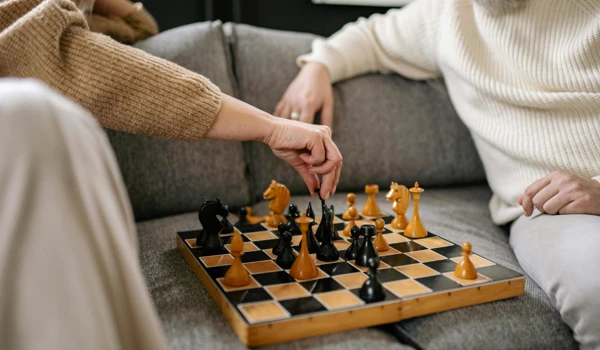How to adjust to life after divorce – Over 50s
With several contributing factors, such as increased life expectancy, shifting dynamics in traditional marriages and reduced stigma, the divorce rate for people over 50 is increasing (according to statistics from the Office for National Statistics).
A divorce at any age is stressful but for those over the age of 50 it can pose a different set of challenges to those divorcing at a younger age.
Adjusting to life after a divorce has its ups and downs and everyone has their own way of coping. But with a little perspective and helpful guidance, it’s a change most of us can adapt to.
Below we’ve come up with some advice to help you through this chapter of your life.
Allow yourself time to grieve
It’s important to give yourself time to grieve during the process. Ending a marriage can be a painful experience and there is no right or wrong way to deal with the change.
Don’t underestimate how difficult it will be, but also don’t limit yourself to a life of misery either. It’s important to keep reminding yourself that you can, and will get through this, and even move on with a new sense of hope and optimism.
Have a good support network
Spend time with people who know you, who will be there to listen to you without judgement or criticism. If you have friends who are divorced, they may be able to empathise with your situation and offer useful advice.
Seeking support through a counsellor can also help you express your feeling and explore your emotions. Having support from someone external to your life can offer a new perspective and help you come closer to a resolution.
Focus on yourself
In this next chapter of your life, dedicate time to taking care yourself. The end of a marriage can give your self-confidence and self-esteem a knock, but by making yourself a priority and by looking after your health you might find yourself in a happier place in the near future.
Ask yourself, “What do I value about myself?”
Accept that this period of time is upsetting and emotionally hard, but that things will improve. You can start to turn things around by making a list of all the great things in your life but don’t forget to include positive things that you like about yourself too. You could think of a time when you enjoyed doing something you loved or of a time when something you did turned out really well. Then read this list everyday; it is about making your mindset shift.
Ask yourself “What do I want to achieve in life?”
Throughout your marriage, you had others to focus on, your partner and perhaps your children, which probably meant you put some of the things you wanted to do on the back burner.
Think about what you want to achieve, now that you can focus on putting yourself first. You might be thinking that it’s too late, but it’s never too late. You can do anything you set your mind too.
Try new things
Get out of your comfort zone and do something you’ve always loved or wanted to do. Give yourself a chance to enjoy some of life’s pleasures again.
Celebrate being single
Once you feel ready, celebrate your independence and give yourself permission to enjoy being single.
Date when you’re ready
When you’re happy and feel like you’re ready to meet new people, why not try dating? There’s no need to rush into anything, so take your time and don’t feel pressured to start a new relationship if you’re not ready.
Next steps

Exercise advice for people over 65
Living an active lifestyle is a good idea for all of us, with even small levels of exercise and activity massively contributing to overall physical and mental health.

Looking after your mental wellbeing
Living a healthy lifestyle in old age is not just about looking after your physical health and fitness, but about making sure that you look after your mental wellbeing too.

Getting a good night's sleep
We all experience difficulties staying or falling asleep sometimes, however these issues are particularly common in older people due to the natural changes that our circadian rhythms go through as we age.
